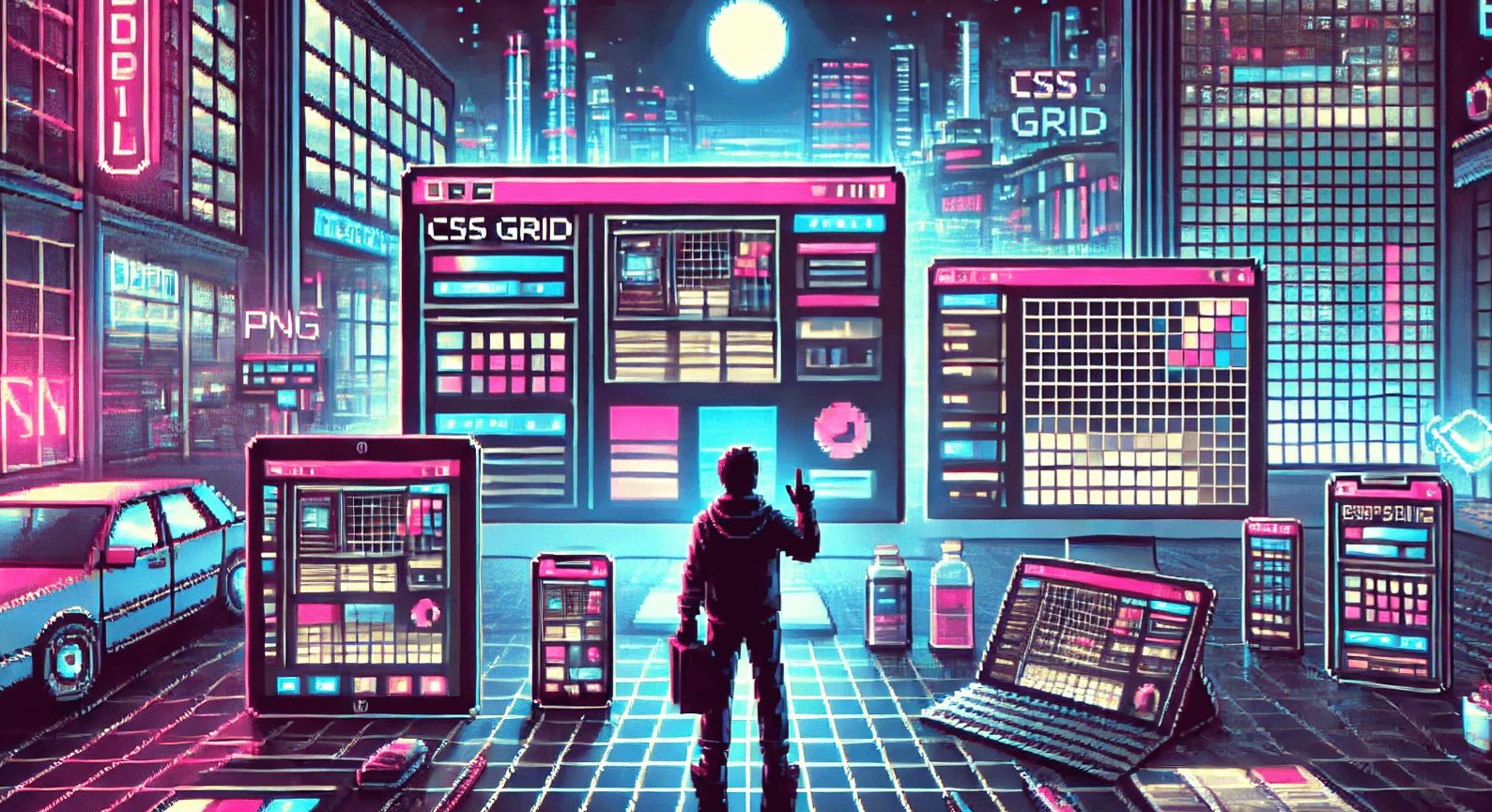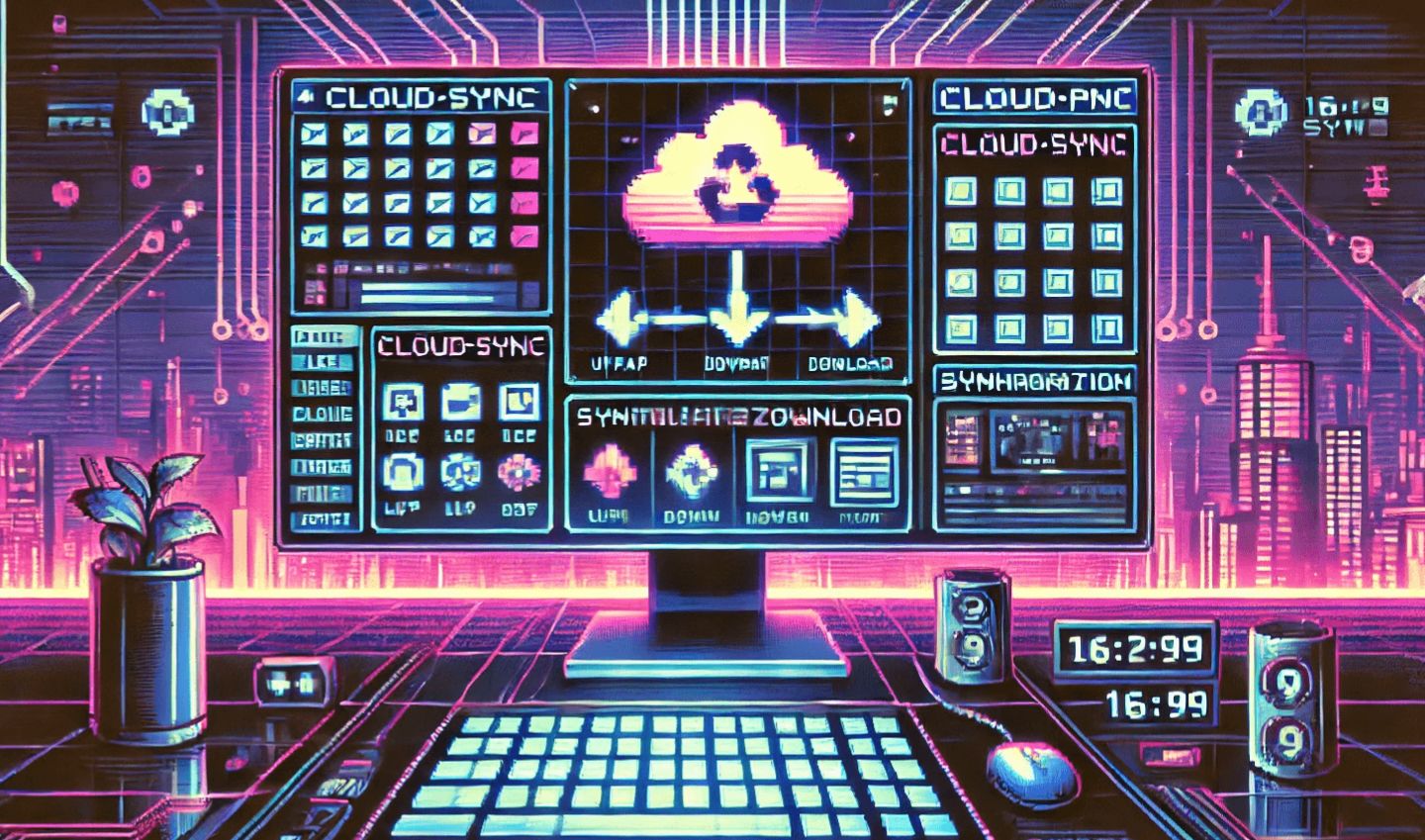Top Mobile App Trends 2025
Explore the key mobile app trends shaping 2025 — AI-powered features and cross-platform evolution
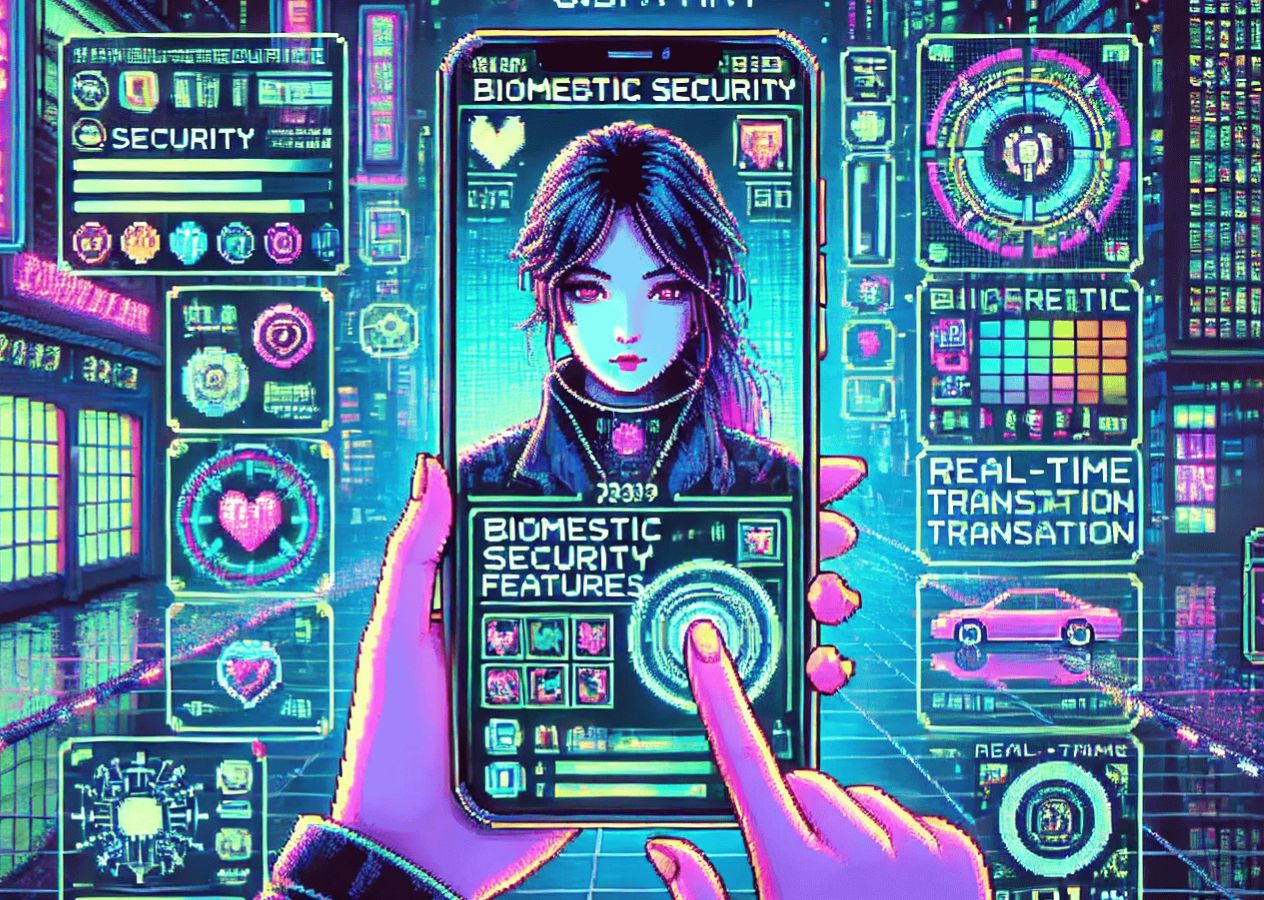
@chromecipher1
4 months ago
0
Top Mobile App Trends 2025
The mobile world in 2025 is defined by intelligence, privacy, and speed. Developers are building smarter apps, users expect more personalization, and cross-platform tools are maturing at lightning speed.
Here’s a look at the top mobile app trends that are defining the way we design and develop for smartphones and tablets in 2025.
🧠 1. AI at the Core of UX
AI is no longer a backend bonus — it’s a core user experience driver. Apps now use on-device machine learning and real-time processing to enhance user engagement.
🔍 AI-Powered Features on the Rise:
- Personal recommendations (fitness, shopping, media)
- Predictive search and autocomplete
- Voice assistants and real-time speech translation
- Context-aware notifications
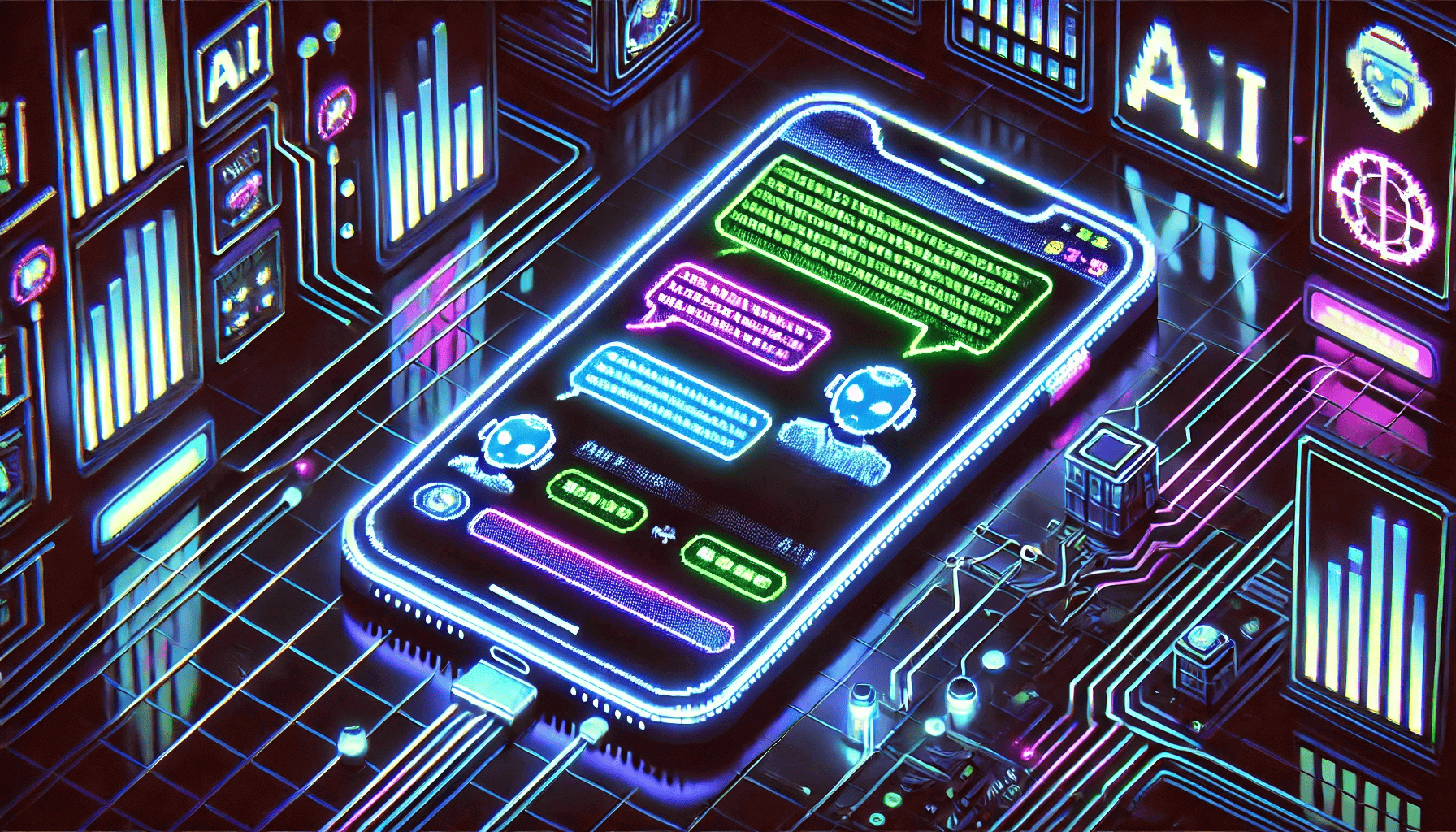
🔀 2. Cross-Platform Development Is the Norm
Cross-platform frameworks like Flutter, React Native, and Kotlin Multiplatform have evolved beyond MVP tools — they're used in production by major companies.
⚙️ Why Devs Love It:
- Shared codebase for iOS & Android
- Hot reload speeds up iteration
- Access to native APIs via plugins
- Reduced maintenance overhead
# Create a Flutter app
flutter create my_app
cd my_app
flutter run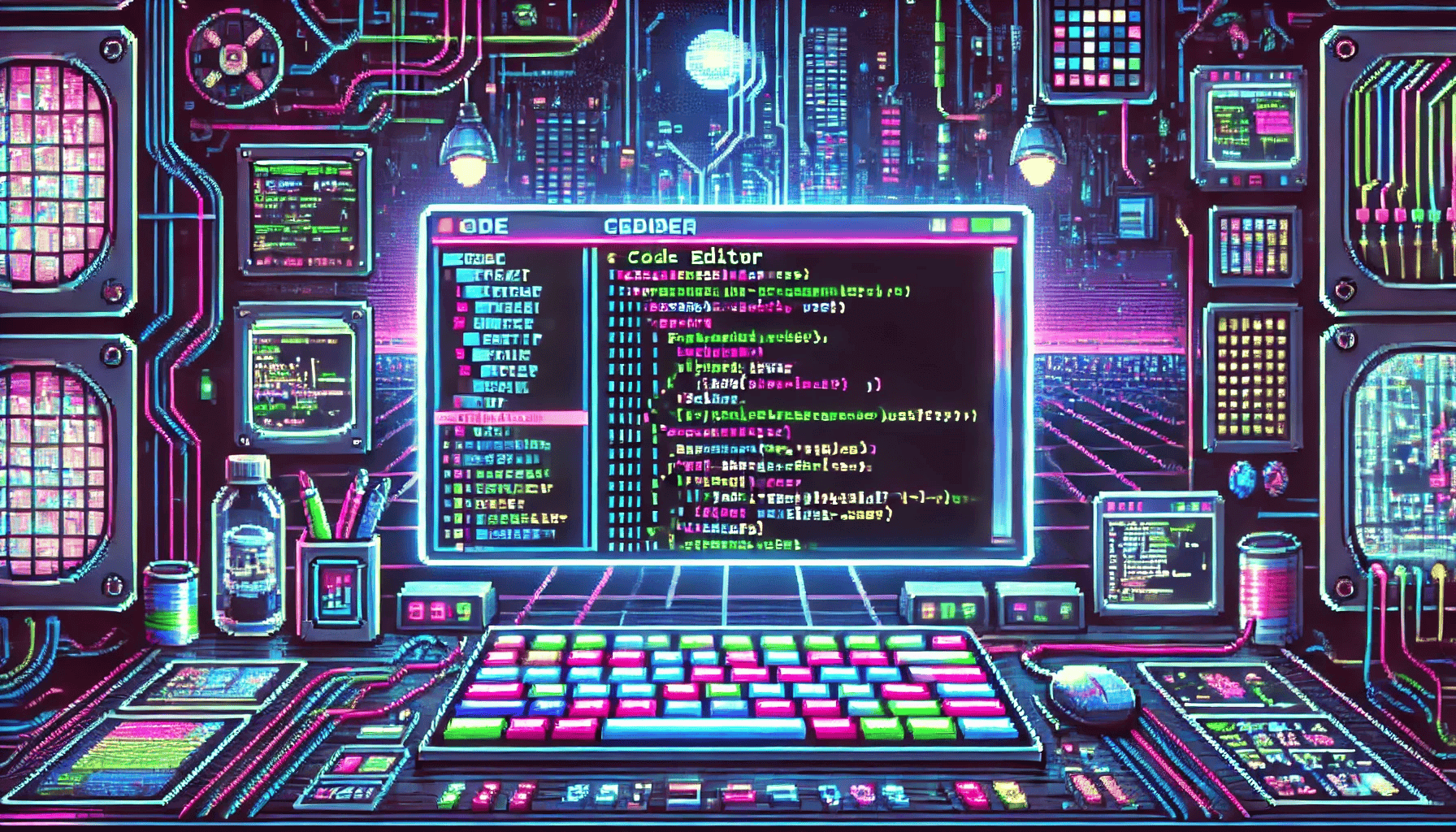
🔐 3. Privacy-First UX Design
Users are more aware of how their data is handled, and regulations have caught up. In 2025, apps that clearly communicate what they collect — and allow fine-grained control — are winning.
🔐 Key UX Shifts:
- Consent modals with granular permissions
- Biometric authentication as default login
- “Privacy score” ratings in app stores
<!-- Android: Example biometric login configuration -->
<uses-permission android:name="android.permission.USE_BIOMETRIC"/>
<uses-feature android:name="android.hardware.fingerprint" android:required="true"/>
🧱 4. Low-Code & No-Code Platforms
2025 has seen a huge rise in low-code tools for internal apps, MVPs, and citizen developers. Tools like Adalo, FlutterFlow, and Thunkable enable visual app development with drag-and-drop functionality.
💡 Best Use Cases:
- Startup MVPs
- Internal dashboards
- Event or community apps
- Prototyping without heavy engineering

🌐 5. Edge Computing & Offline-First Design
With improved device performance and local storage APIs, more apps are shifting to offline-first models. This ensures faster load times and resilience in poor network environments.
⚡ Examples:
- Progressive Web Apps (PWAs)
- Offline-first databases (Realm, SQLite, Firestore local cache)
- Edge-based AI predictions
// Example: Firebase Firestore with offline persistence
import { initializeApp } from "firebase/app";
import { getFirestore, enableIndexedDbPersistence } from "firebase/firestore";
const app = initializeApp(firebaseConfig);
const db = getFirestore(app);
enableIndexedDbPersistence(db).catch((err) => {
console.error("Persistence failed", err.code);
});📚 Sources & Further Reading
📅 Last Updated: June 2025
More from @chromecipher1

AI and Automation in Desktop Apps
AI is transforming desktop software — from intelligent UI behavior to background automation
@chromecipher1
4 months ago
